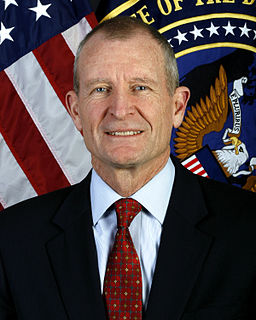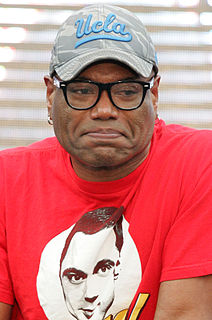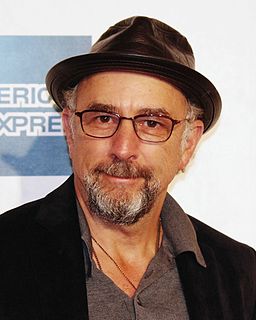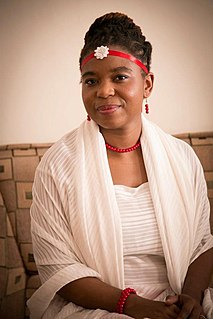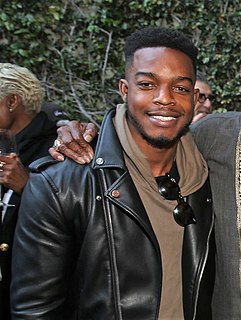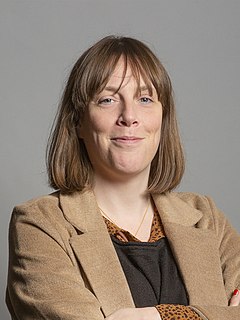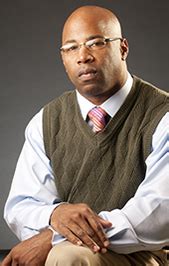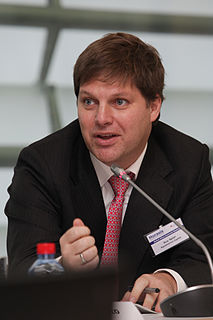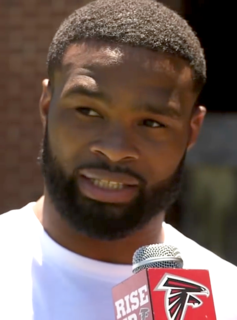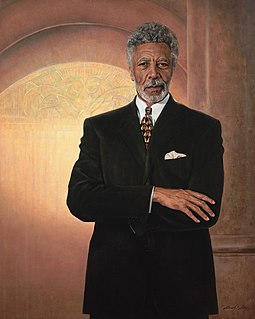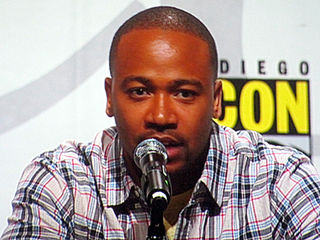Top 1200 Martin Luther King Quotes & Sayings - Page 5
Explore popular Martin Luther King quotes.
Last updated on April 21, 2025.
There's never been a film with Dr. Martin Luther King, Jr. at the center released in theaters. Ever! One does not exist. You've only seen tele-films and stage plays about him. Yet, we have big screens biopics about all kinds of people. So, I think it's only right that there be a full-length feature about Dr. King. I don't think there could be enough of them, but there should be at least one. So, here it is!
I was in a number of school plays, one in particular, when I was 13 or 14, entitled 'Illusions.' It was put together by one of the teachers, and was about famous historical figures. I had to do the Martin Luther King 'I have a dream' speech, and some black women in the audience were clapping and crying and whooping.
King Hussein of Jordan dedicated his life - I witnessed it in his sleeping as well as waking hours - to trying to break through the impasses keeping people apart. He understood that the security and prosperity of any one of us in this world depends on the security and prosperity enjoyed by others. As Martin Luther King said, "Injustice anywhere is a threat to justice everywhere." In the Middle East, nothing could be more true.
Remember, we're talking [in The Black Power Mixtape] about 1967, the year before [Martin Luther] King's assassination. We're talking about the emergence of black power, which is a discussion King mentioned in his last book, Where Do We Go from Here: Chaos or Community? We're talking about the meaning of black power and the possibility that it alienated our supporters, both white and black.
The anniversary of the Montgomery boycott was being celebrated, and the handbill that was out, and all whatever literature that was circulated, didn't say practically anything about movement or what the movement stood for, what it had done, or anything, but was simply adulation of the leader, you know, [Martin Luther] King.
When you say that [Martin Luther] King was a prophet, you don't say that he predicted anything; you say that he bore witness. He left a committed life so that people would never forget the suffering of people that he was connected to. King was prophetic because he lived a committed life. Now he did critique society, saying you're going to go under if you don't treat your poor right. I mean, that is part of prophetic calling, but it's not predicting anything.
The God in whose hands are all our days and ways, did cast into my hand (one day) a book of Martin Luther's ; it was his Comment on the Galatians! ... I found my condition in his experience so largely and profoundly handled, as if his book had been written out of my heart ... I do prefer this book of Martin Luther upon the Galatians, excepting the Holy Bible, before all the books that ever I have seen, as most fit for a wounded conscience.
